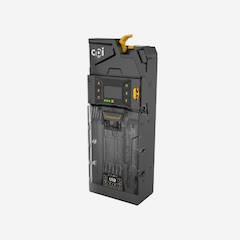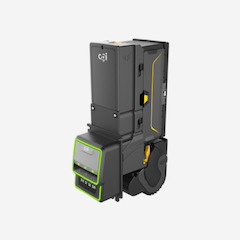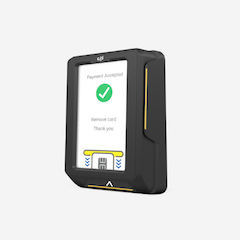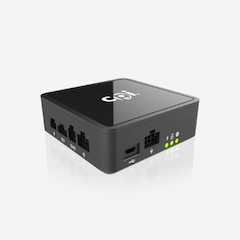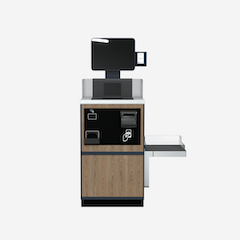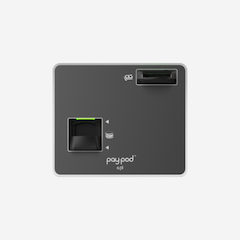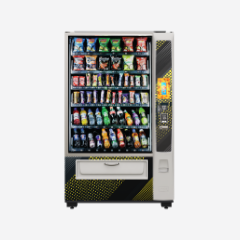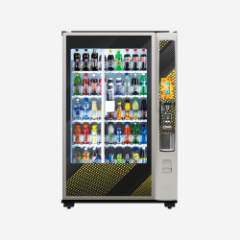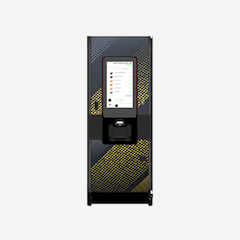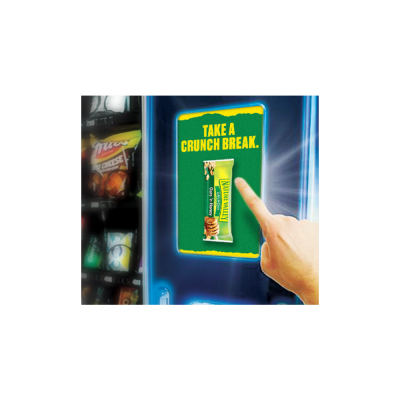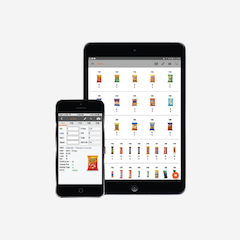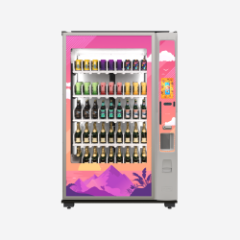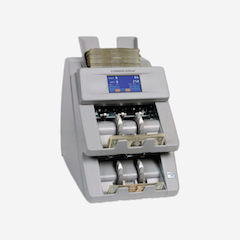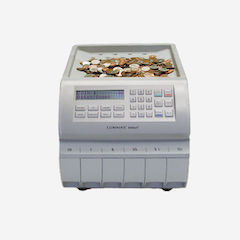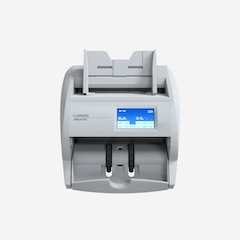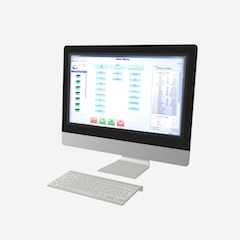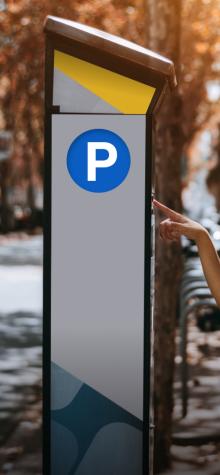Cashless Payment and Responsible Gaming
2020 has been a year of massive change for industries across the globe—and casinos are no exception. This year marks a new era in the gaming industry: after decades of cash-only operations, the door is finally opening to allow cashless wagering systems.
For years, cash has ruled casinos, with regulations prohibiting the use of cashless wagering solutions. In fact, no state in the country has allowed patrons to wager using credit or debit cards. The closest casinos have come is using ticket-in, ticket-out (TITO) technology, which allows players to add funds electronically to a slip at a kiosk. And even outside of the wagering floor, only a small number of casinos accept electronic payments like Apple Pay, Google Pay or PayPal.
Why? The primary concern has always been that accepting credit and debit cards would enable patrons to gamble using money they do not actually have. In addition, responsible gaming groups like the National Council on Problem Gambling worry that going cashless could further enable problem gamers and those with gambling addictions. But on June 25, the Nevada Gaming Commission (NGC) decided to flip the coin with its decision to modify casino regulations to permit cashless wagering—a turning point in bringing casinos into the 21st century.
More specifically, the NGC removed a section from its regulations prohibiting the NGC’s Chair from approving systems for electronic funds transfers “until such time as the appropriate regulations for such transfers are adopted.” This change will open the way for new regulations, and ultimately, a better gaming experience.
Modern Payments, More Opportunities
While the vote happened in the era of COVID-19, it wasn’t made purely in reaction to the pandemic and its associated health and hygiene concerns—the American Gaming Association has been pushing to modernize payments in casinos for the past year and a half.
So as regulators and payment providers work to establish a viable solution, operators might be wondering what to expect. What could these changes mean for casinos and patrons, how did we get here, and could integrating cashless actually promote more responsible gaming?
As the payment landscape continues to evolve, cashless adopters will also want economical solutions that can be implemented across the entire floor—without system upgrades. The good news? Payment providers are already beginning to deliver modular technologies that provide this capability.
Let’s explore the key considerations—and benefits—that operators and patrons should be aware of.
The Perceived Problem: COVID and Cash
Cash has always been ubiquitous in casinos. But the COVID-19 pandemic—and the resulting increase in the scrutiny of shared objects and surfaces—has put physical currency to the test. As the CDC recommended the use of touchless payments when possible, Americans began to shift their payment preferences away from cash. Among people who had visited a casino in the past year, nearly six in ten said they were now less likely to use cash in their everyday lives because of the COVID-19 pandemic, according to an American Gaming Association report quoted in CNBC.
As consumers have become more wary of physical currency, the gaming industry accelerated its push to offer patrons more casino payment options. With the NGC’s vote, cashless wagering—and all the benefits that come with it—has become a real possibility for the first time.
What is Cashless Wagering?
Cashless wagering includes a wide variety of solutions for patrons to electronically transfer money to a game or gaming device and transfer winnings directly back to their accounts. These options range from tap-and-go mobile wallets housed within a smartphone app to debit cards that can be swiped or inserted into readers at cashless slot machines, gaming tables and other locations throughout a casino.
Nevada’s new regulations remove prohibitions on these types of systems, but put some additional guardrails in place. These requirements, which are meant to help alleviate concerns about problem gambling, include “a daily monetary transfer limit and messages regarding responsible gambling ‘conspicuously displayed’ on devices that include the website of the Nevada Council on Problem Gambling,” according to CDC Gaming Reports.
The Benefit for Operators: Better Customer Oversight
Cashless wagering solutions have the potential to benefit both operators and players. For operators, the systems offer better customer oversight, allowing operators to gain more insights about their players, serve them better, and prevent irresponsible gaming. The tracking capabilities of cards and digital wallets allows the ability to place and enforce wagering limitations, as well as providing opportunities for more targeted marketing and loyalty programs.
Additionally, cashless wagering could help eliminate some concerns for operators. According to a report by the American Gaming Commission, “the widespread adoption of digital payments in gaming will enable better regulatory oversight and improved Know Your Customer and anti-money laundering capabilities.” And, of course, cashless wagering means less cash for operators and staff to worry about handling, tracking and securing.
Finally, cashless wagering could help expand casino wagering to a whole new clientele: younger players. “Cashless payments not only allow for a modern experience … but also will likely help attract more millennials back to the (casino) floor that have been cash adverse,” said gaming industry consultant Brendan Bussmann in an article in the Nevada Independent.
As casinos look for ways to recover from the pandemic-related downturn, attracting new audiences is a key consideration. Some players simply prefer to use digital wallets or debit cards, especially millennials—the generation least likely to carry cash, according to TD Bank’s consumer spending index. A cashless, digital option opens the door to more players—and a stronger future for the gaming industry.
The Benefit for Players: A New Generation of Gaming
Many of the benefits for operators also apply to players and patrons. The ability to track spending and set self-imposed limits gives patrons “more tools to help them play responsibly,” according to the AGA. Cashless wagering also means less cash for players to handle and keep track of, reducing the security concerns that come with carrying large amounts of physical currency. And for players looking to reduce their use of cash due to hygiene concerns, cashless wagering offers them an option with less shared contact.
But cashless wagering doesn’t just help alleviate concerns—it also offers players more convenience and a better gaming experience. With digital wagering, players no longer need to leave tables or machines to visit an ATM if they want to continue playing. Cashless wagering also means better benefits for players: through these systems, casinos can offer even more personalized rewards to patrons, customized for the way they prefer to play. And increased digital wagering services can lead to even more fun options, from analyzing and choosing a favorite slot machine to being able to reserve their preferred seats, games and tables. With digital technology, the sky's the limit, and the opportunities are endless.
More Options for More Players
Of course, the gaming industry can’t eliminate cash completely—and it shouldn’t have to. Cash continues to be king on the casino floor and throughout the industry, and many longtime players still prefer it.
That’s why cashless wagering shouldn’t be seen as the end of cash in casinos. Instead, cashless wagering systems can be brought in alongside existing cash-driven operations, giving players and operators more options, more flexibility, and a more modern gaming experience for all. For example, technology already exists that enables bill validators to be connected with Bluetooth Low Energy technology, allowing players to make mobile or cash payments.
For those looking to decrease their interactions with physical currency—for a variety of reasons, from health and hygiene to personal preference—cashless wagering, digital wallets and debit cards give them the opportunity to play the way they prefer. And for players who will always choose cash, it’s not going away anytime soon.
Nevada’s new cashless wagering regulations give casinos and other gaming establishments a unique opportunity: the chance to create a more diverse, flexible payment ecosystem that meets the needs of our rapidly changing world—all while providing a safer, more responsible gaming experience.

